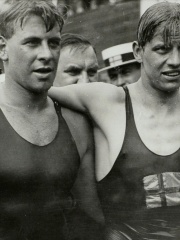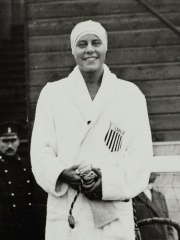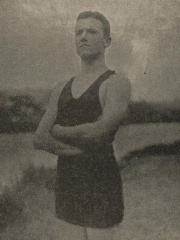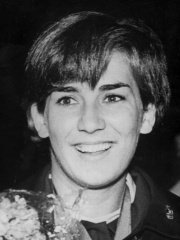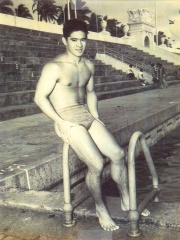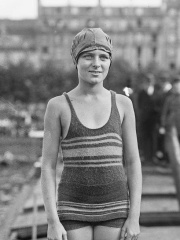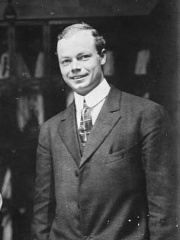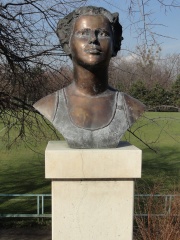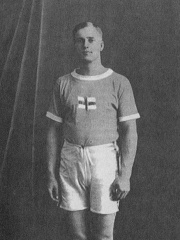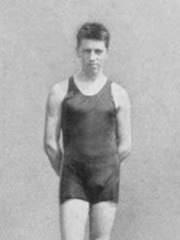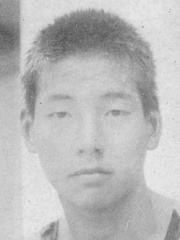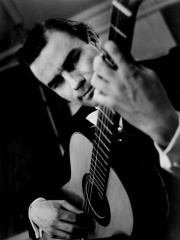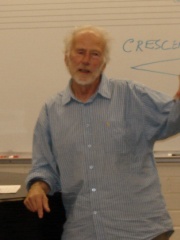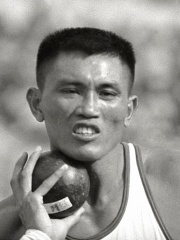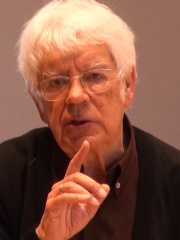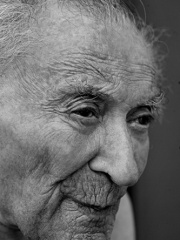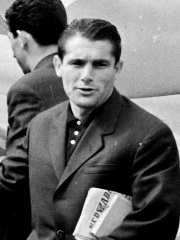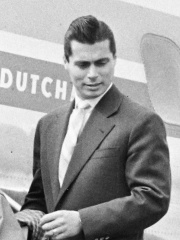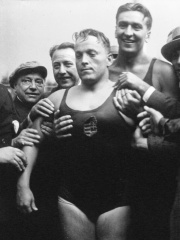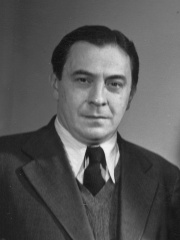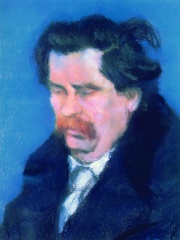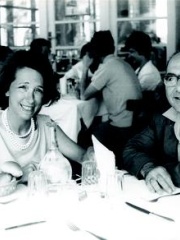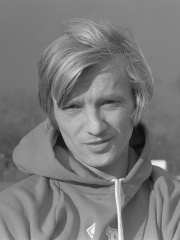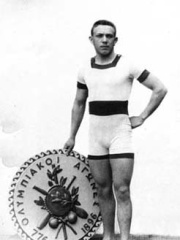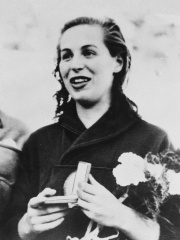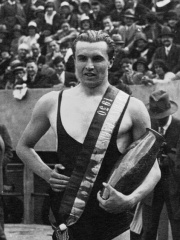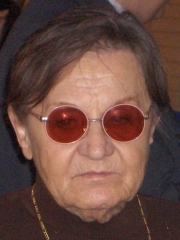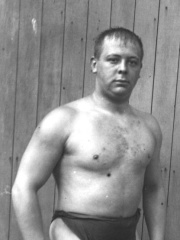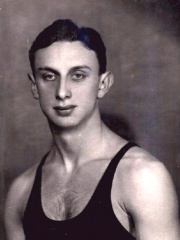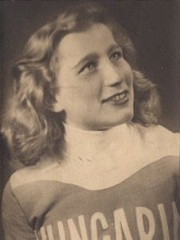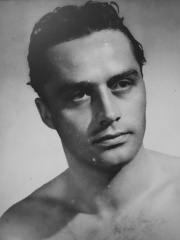Swimmer
Valéria Gyenge
1933 - today
EN.WIKIPEDIA PAGE VIEWS (PV)
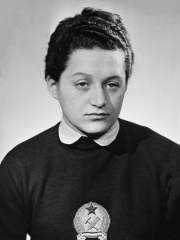
 Valéria Gyenge
Valéria Gyenge
Her biography is available in 23 different languages on Wikipedia (up from 22 in 2024). Valéria Gyenge is the 37th most popular swimmer (up from 85th in 2024), the 463rd most popular biography from Hungary (up from 652nd in 2019) and the 5th most popular Hungarian Swimmer.
Memorability Metrics
Page views of Valéria Gyenge by language
Among Swimmers
Among swimmers, Valéria Gyenge ranks 37 out of 709. Before her are Arne Borg, Bill Tuttle, Martha Norelius, Otto Fahr, Đurđica Bjedov, and Yoshi Oyakawa. After her are Aileen Riggin, Charles Daniels, Ilona Novák, Arvo Aaltonen, George Hodgson, and Yasuji Miyazaki.
Most Popular Swimmers in Wikipedia
Go to all RankingsArne Borg
1901 - 1987
HPI: 58.03
Rank: 31
Bill Tuttle
1882 - 1930
HPI: 58.01
Rank: 32
Martha Norelius
1909 - 1955
HPI: 57.98
Rank: 33
Otto Fahr
1892 - 1969
HPI: 57.96
Rank: 34
Đurđica Bjedov
1947 - Present
HPI: 57.95
Rank: 35
Yoshi Oyakawa
1933 - Present
HPI: 57.94
Rank: 36
Valéria Gyenge
1933 - Present
HPI: 57.92
Rank: 37
Aileen Riggin
1906 - 2002
HPI: 57.91
Rank: 38
Charles Daniels
1885 - 1973
HPI: 57.86
Rank: 39
Ilona Novák
1925 - 2019
HPI: 57.78
Rank: 40
Arvo Aaltonen
1892 - 1949
HPI: 57.76
Rank: 41
George Hodgson
1893 - 1983
HPI: 57.75
Rank: 42
Yasuji Miyazaki
1916 - 1989
HPI: 57.75
Rank: 43
Contemporaries
Among people born in 1933, Valéria Gyenge ranks 284. Before her are Julian Bream, Dianne Feinstein, Zelda Rubinstein, Bat Ye'or, Imre Nagy, and Yoshi Oyakawa. After her are Mildred McDaniel, R. Murray Schafer, Yang Chuan-kwang, José Faria, Helmuth Rilling, and Mark Damon.
Others Born in 1933
Go to all RankingsJulian Bream
MUSICIAN
1933 - 2020
HPI: 58.03
Rank: 278
Dianne Feinstein
POLITICIAN
1933 - 2023
HPI: 58.02
Rank: 279
Zelda Rubinstein
ACTOR
1933 - 2010
HPI: 57.98
Rank: 280
Bat Ye'or
WRITER
1933 - Present
HPI: 57.97
Rank: 281
Imre Nagy
ATHLETE
1933 - 2013
HPI: 57.94
Rank: 282
Yoshi Oyakawa
SWIMMER
1933 - Present
HPI: 57.94
Rank: 283
Valéria Gyenge
SWIMMER
1933 - Present
HPI: 57.92
Rank: 284
Mildred McDaniel
ATHLETE
1933 - 2004
HPI: 57.90
Rank: 285
R. Murray Schafer
COMPOSER
1933 - 2021
HPI: 57.88
Rank: 286
Yang Chuan-kwang
ATHLETE
1933 - 2007
HPI: 57.84
Rank: 287
José Faria
COACH
1933 - 2013
HPI: 57.83
Rank: 288
Helmuth Rilling
MUSICIAN
1933 - Present
HPI: 57.81
Rank: 289
Mark Damon
ACTOR
1933 - 2024
HPI: 57.76
Rank: 290
In Hungary
Among people born in Hungary, Valéria Gyenge ranks 463 out of NaN. Before her are Ferenc Kósa (1937), Ferenc Fejtő (1909), Károly Sándor (1928), Gábor Király (1976), László Sárosi (1932), and Olivér Halassy (1909). After her are Géza von Bolváry (1897), Zsigmond Móricz (1879), Antal Nagy (1944), Alfréd Rényi (1921), Zoltán Varga (1945), and Jenő Jandó (1952).
Others born in Hungary
Go to all RankingsFerenc Kósa
FILM DIRECTOR
1937 - 2018
HPI: 58.04
Rank: 457
Ferenc Fejtő
WRITER
1909 - 2008
HPI: 58.01
Rank: 458
Károly Sándor
SOCCER PLAYER
1928 - 2014
HPI: 58.00
Rank: 459
Gábor Király
SOCCER PLAYER
1976 - Present
HPI: 57.96
Rank: 460
László Sárosi
SOCCER PLAYER
1932 - 2016
HPI: 57.95
Rank: 461
Olivér Halassy
ATHLETE
1909 - 1946
HPI: 57.94
Rank: 462
Valéria Gyenge
SWIMMER
1933 - Present
HPI: 57.92
Rank: 463
Géza von Bolváry
ACTOR
1897 - 1961
HPI: 57.89
Rank: 464
Zsigmond Móricz
WRITER
1879 - 1942
HPI: 57.88
Rank: 465
Antal Nagy
SOCCER PLAYER
1944 - Present
HPI: 57.87
Rank: 466
Alfréd Rényi
MATHEMATICIAN
1921 - 1970
HPI: 57.87
Rank: 467
Zoltán Varga
SOCCER PLAYER
1945 - 2010
HPI: 57.85
Rank: 468
Jenő Jandó
MUSICIAN
1952 - 2023
HPI: 57.85
Rank: 469
Among Swimmers In Hungary
Among swimmers born in Hungary, Valéria Gyenge ranks 5. Before her are Johnny Weissmuller (1904), Alfréd Hajós (1878), Katalin Szőke (1935), and István Bárány (1907). After her are Ilona Novák (1925), Judit Temes (1930), Károly Bartha (1907), Imre Zachár (1890), Ferenc Csik (1913), Éva Novák-Gerard (1930), and Géza Kádas (1926).
Johnny Weissmuller
1904 - 1984
HPI: 74.19
Rank: 1
Alfréd Hajós
1878 - 1955
HPI: 65.03
Rank: 2
Katalin Szőke
1935 - 2017
HPI: 60.18
Rank: 3
István Bárány
1907 - 1995
HPI: 59.77
Rank: 4
Valéria Gyenge
1933 - Present
HPI: 57.92
Rank: 5
Ilona Novák
1925 - 2019
HPI: 57.78
Rank: 6
Judit Temes
1930 - 2013
HPI: 57.66
Rank: 7
Károly Bartha
1907 - 1991
HPI: 57.47
Rank: 8
Imre Zachár
1890 - 1954
HPI: 56.87
Rank: 9
Ferenc Csik
1913 - 1945
HPI: 56.75
Rank: 10
Éva Novák-Gerard
1930 - 2005
HPI: 55.40
Rank: 11
Géza Kádas
1926 - 1979
HPI: 54.52
Rank: 12
